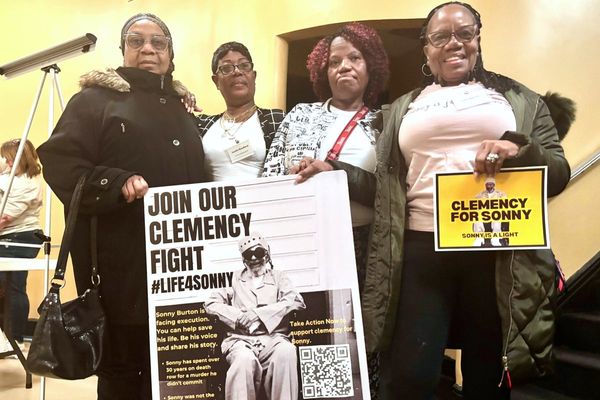
According to Reuters, the US and Japan signed a new trade deal this week that will benefit both sides when it comes to electric vehicles. It will allow Japanese carmakers to get access to at least a portion of the newly revamped $7,500 US federal EV tax credit. The deal should also reduce Japan's dependence on China.
The new rules put forth in the US work to ensure that EV batteries are not only produced in the US, but also with critical materials that are sourced domestically. However, there are exceptions, including countries with which the US has a free trade agreement.
The new trade deal doesn't allow either the US or Japan to enact "bilateral export restrictions" on cobalt, graphite, lithium, manganese, or nickel.
The Biden Administration is working on a similar agreement with the European Union. The hope is that trusted allies will get access to the new EV credit, which has been causing contention between the US and some countries.
For an electric car to qualify for the full $7,500 credit, the vehicle and its battery must be assembled in the US. The second half of the credit is based on where the battery's critical materials come from. An EV would need to have at least 40% of those materials come from the US or a country with a free trade agreement with the US.
Thanks to the newly signed deal, EVs produced with battery materials from Japan should meet the requirement for half of the new credit, according to Japan's trade minister Yasutoshi Nishimura. He added:
"As the demand for electric vehicle batteries is expected to grow significantly, securing important minerals essential for their production is an urgent issue."
US Trade Representative Katherine Tai signed the deal, sharing that Japan is one of our country's most trusted partners. However, she reportedly didn't have the backing of her colleagues in Congress ahead of the signing.
Senate Finance Committee Chairman Ron Wyden and House of Representatives Ways and Means Committee Ranking Member Richard Neal are pushing back against the deal. They released a statement with the following argument:
"Without enforceable environmental or labor protections, the Administration abandons worker-centric trade policy and jeopardizes our climate work by opening the door for another environmental catastrophe."
While the Biden Administration still puts US companies first and hopes to encourage foreign companies to relocate to the US, it also argues that there's simply no way for us to meet climate control goals and curb climate change without such deals. Currently, very few (if any) EVs in the US even qualify for the new $7,500 credit.







